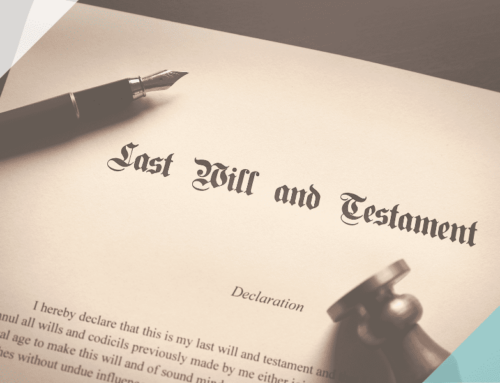Clients can often be confused when they are interested in buying a flat which has a ‘share of freehold’. The ‘share of freehold’ aspect is usually marketed heavily when a property is on sale on the market. The confusion may come from the fact that ‘freehold flats’ are generally not considered to offer good security for lenders and appear very seldom in practice.
A ‘share of freehold’ is sold with the leasehold flat – the leasehold interest is retained but you also can acquire a separate shared title or ownership in the freehold.
What constitutes a ‘share of freehold?’
There are two basic formations for the ownership of the freehold:
- The freehold is owned jointly by a number (up to four) of the flat owners in their personal names. The personal name(s) will appear on the title deeds; or,
- A company is set up where each leaseholder (providing they elect to also own a share of the freehold) will hold a share or membership in that company. The freehold company name will appear on the title deeds.
What are the advantages?
We often see estate agent adverts for a property to show “share of freehold” as a positive. Agents often push the “share of freehold” as a positive and generally it is.
A leasehold property alone is a diminishing asset – it becomes less valuable as the lease term gets shorter. Eventually, you will need to extend the lease and in some cases, if you have a share of freehold you may not be required to pay for the premium to extend the lease. It must be noted, however, that it is important to obtain specific legal advice in terms of obtaining a lease extension, how the process works and the costs involved.
Furthermore, having a share of freehold means you will also have greater control over how the maintenance of the building is dealt with. There is less worry about an independent landlord overcharging you for repair costs. Instead, the owners of the share of freehold will have a common interest to keep the building in good repair at minimal and economic costs.
For prospective purchasers, it is important to understand what system is set up between the share of freehold owners especially if repair works are required, maintaining and insuring the block or if disputes have arisen. This information is most likely to be revealed during the conveyancing process. It is always best for a prospective purchaser to speak to the other share of freehold owners to get a feel of how the freehold is run. With a share of freehold, you are most likely to interact with the other share of freehold owners. Nevertheless, it’s often the case that self-managed/owned blocks have a lower average service charge.
What are the disadvantages?
With smaller blocks that have a share of freehold, there may be administration issues. For example, the tenants may need to keep on top of e.g. filing accounts and annual returns for the freehold company (there are fines if you file even dormant accounts late and if the company is struck off, the cost of reinstatement can be expensive). You will need to ensure the block is insured and the premium is collected and paid each year.
Maintenance is often paid on an ad hoc basis but the caveat to this is that service charges may significantly increase. For example, major works are to take place to the building and suddenly there is a spike in the service charge. The latter would often be an offset if a reserve fund was set up and paid into each year.
If the block is larger and with a share of freehold, then you would often see a managing agent running the block on behalf of the freehold owner. Extra administration costs to cover the managing agent’s work would also need to be taken into account when budgeting for the service charge.
Why can you not just have a freehold flat?
It is not good to merge the lease into a freehold title because it is harder to pass on certain obligations (paying service charges and maintaining the property) to the owner-to-owner in the freehold context. In other words, where there are communal obligations it would most likely to be difficult to adhere to if everyone had a freehold flat.
Conclusion
A property that has a share of freehold is not a freehold property. There are more advantages of owning a share of freehold. A share of freehold will help with the marketability of the flat in the future.
Attwells Solicitors can provide further advice on this topic, please contact us on 0207 722 9898.





